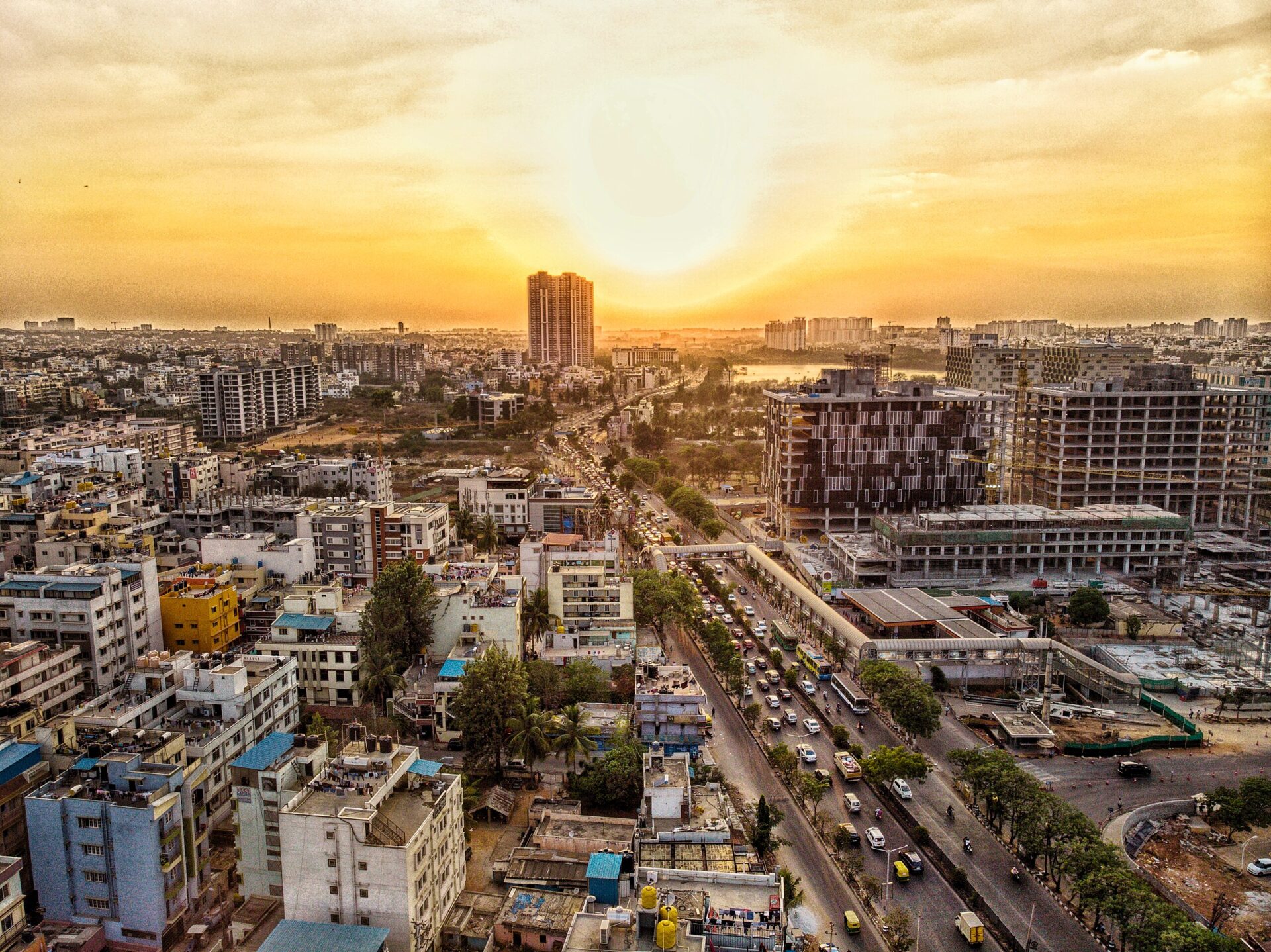The Karnataka Government has announced a substantial revamp of the Transferable Development Rights (TDR) scheme, aiming to address persistent land acquisition issues within the Bruhat Bengaluru Mahanagara Palike (BBMP) jurisdiction. This move is poised to facilitate smoother land procurement for critical infrastructure projects, which have been hindered by delays and disputes with landowners.
The amendments to the TDR scheme seek to simplify and standardise compensation procedures, addressing the varied land types—ranging from agricultural to developed land—that have previously complicated negotiations. Landowners often resisted land acquisition due to inadequate or inconsistent compensation, leading to significant delays in project execution.
Introduced initially in 2022, the revised TDR scheme permits landowners whose properties are acquired for civic projects to receive Development Rights Certificates (DRCs). These certificates grant additional built-up areas, which can be utilised by the landowner or sold to others. Under the new guidelines, compensation now includes charges for converting agricultural land to non-agricultural use, alongside other development and statutory fees. The DRC issued will reflect the guidance value for developed residential land, aiming to make the compensation more equitable and transparent. The amendments also address sites with ‘A’ khata—legally recognised documents for property ownership—ensuring they are eligible for compensation despite prior irregularities in land transfers. This inclusivity is expected to resolve some of the longstanding issues that have plagued the scheme.
The overhaul, discussed in a high-level meeting led by Chief Minister Siddaramaiah and Deputy Chief Minister D K Shivakumar, received Cabinet approval after extensive deliberation. It follows a period of controversy surrounding the TDR scheme, including a significant scam that led to its suspension in 2020. The scheme was revived in 2022 to tackle the challenges faced by municipal authorities in advancing infrastructure projects without a reliable land acquisition mechanism. Despite the scheme’s reintroduction, BBMP has faced difficulties in persuading landowners to cede their property, resulting in incomplete roads and stalled projects. The revised compensation model aims to mitigate these issues by providing a more uniform and attractive package to landowners, thereby accelerating infrastructure development across Bengaluru.


